Doctors say that eating a vegan diet is undoubtedly good for the body as long as it’s done correctly. There’s also the fact that going vegan is good for the environment and, of course, the animals themselves, eating vegan sounds like an all-around great idea.
But studies show many don’t choose the vegan lifestyle because they don’t like the word “vegan.”
The Vegan Study University of Southern California

A team of researchers at the University of California recently conducted a study to understand people’s aversion to veganism.
In the study, they offered more than 7,000 people two gourmet baskets, one with meat and dairy products and the other with only plant-based foods, and asked them to choose.
The Team at USC Found Something Very Interesting
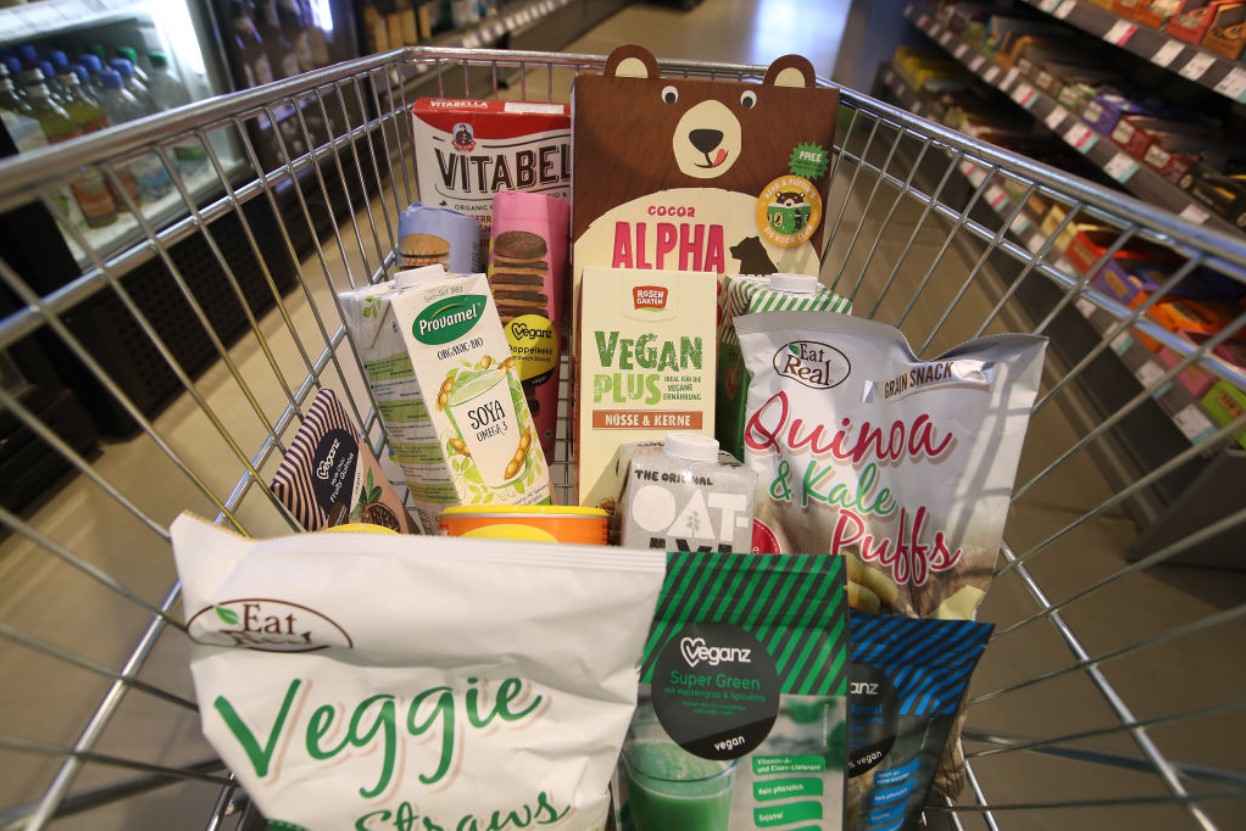
Here’s where things get interesting: According to the team at USC, only 20% of people chose the basket of plant-based food when it was labeled as “vegan.”
However, when they labeled it as “healthy” or “sustainable,” more than 40% of people opted for it.
Why Don’t People Like the Word Vegan?

One of the USC researchers, Wändi Bruine de Bruin, Ph.D., told WebMD, “There’s a perception that vegans are judgmental and joyless, and vegan diets are boring.”
She continued, “If I eat with somebody and I say I’m vegan, some people feel defensive. They feel like I’m questioning their food choices. They apologize for eating meat in front of me or make jokes about it.”
There’s a Little More to It
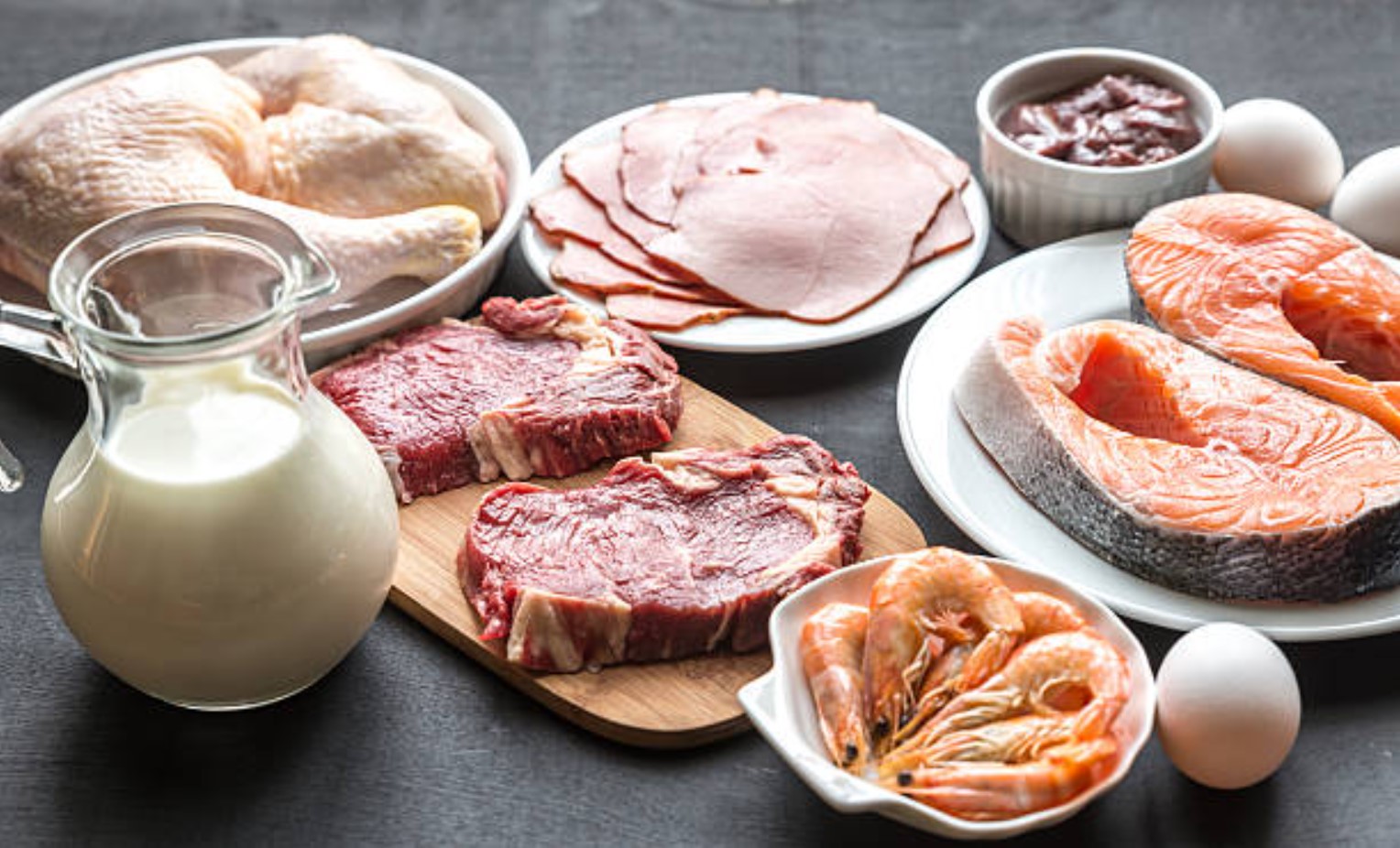
In addition to the general feeling people have when they hear someone is vegan, there’s also a morality factor involved.
Sixth-year Ph.D. candidate Daniel Rosenfield told WebMD, “Taking an ethical stance against consuming animals goes against normative ways of thinking and acting. It seems moralistic, and anything that seems moralistic can make people feel threatened on their own sense of morality.”
The More People Promote Veganism, the Less Others Want to Do It
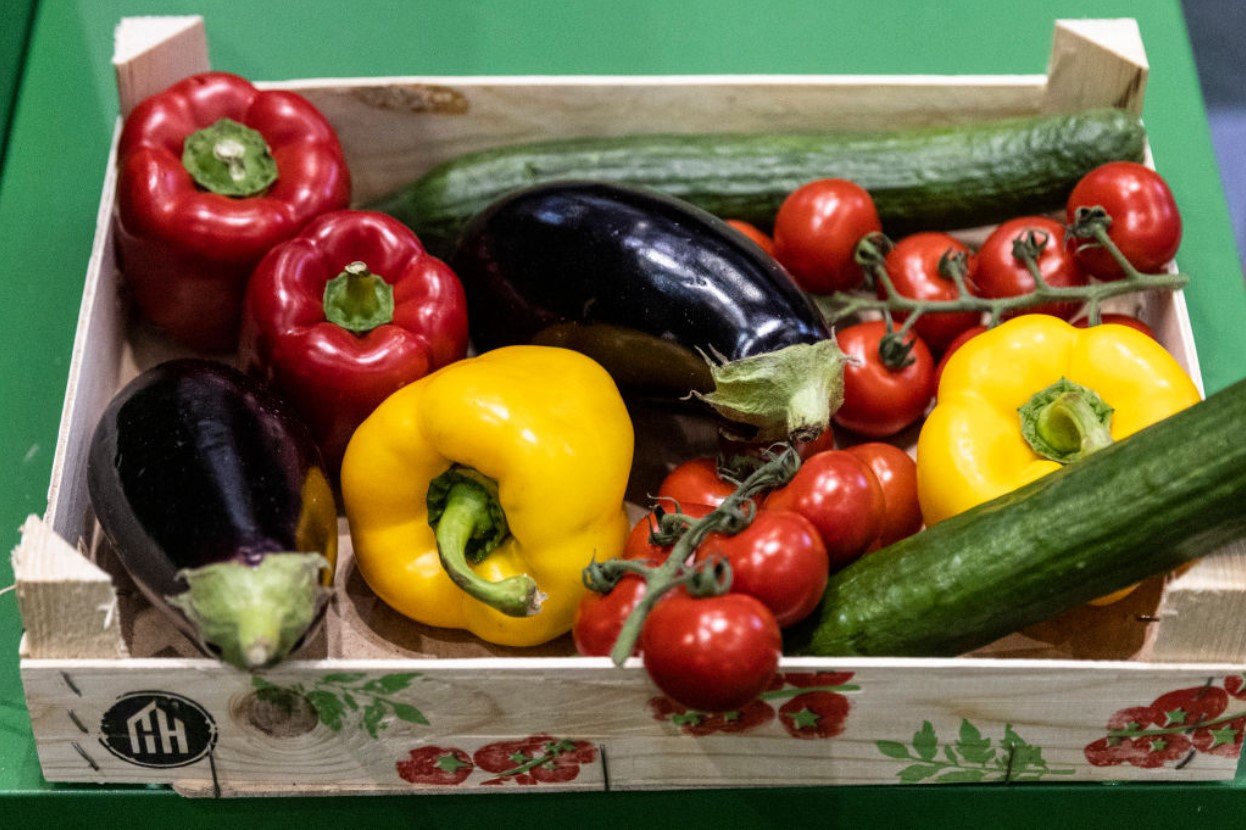
Rosenfield explained: “When people are exposed to veganism, through increasing sales of products or meeting vegan people, it sends a signal that maybe carnism — eating animals — isn’t so dominant anymore.”
He also said, “People like to hold on to long-standing social norms, especially if you’re in the dominant group.”
People Want to Feel Free to Make Their Own Decisions

What’s also interesting about many people’s decision to eat a carnivorous diet is that they are choosing to do so for political reasons, but not in the way one might think.
And Ann Kronrod, Ph.D., a marketing researcher, told WebMD plainly, “The feeling is that this is a limitation to freedom of choice.”
There Are an Amazing Number of Benefits to Eating Vegan

The study at USC was conducted in order to understand why people weren’t choosing a vegan diet because, as doctors and activists around the world have said, there are a million reasons to do it.
First, even if a person is only thinking of themselves, a vegan diet is known to help people lose weight, prevent heart disease and type 2 diabetes, as well as improve athleticism.
Millions of Americans Struggle with Obesity

Over 70 million adults in the U.S. struggle with obesity, and doctors around the world are constantly trying to employ their patients to follow a healthier lifestyle.
Often, this includes specialized diets and added exercise, and many doctors are prescribing a plant-based or vegan diet in order to help people live longer healthier lives.
Can’t Forget About the Animals
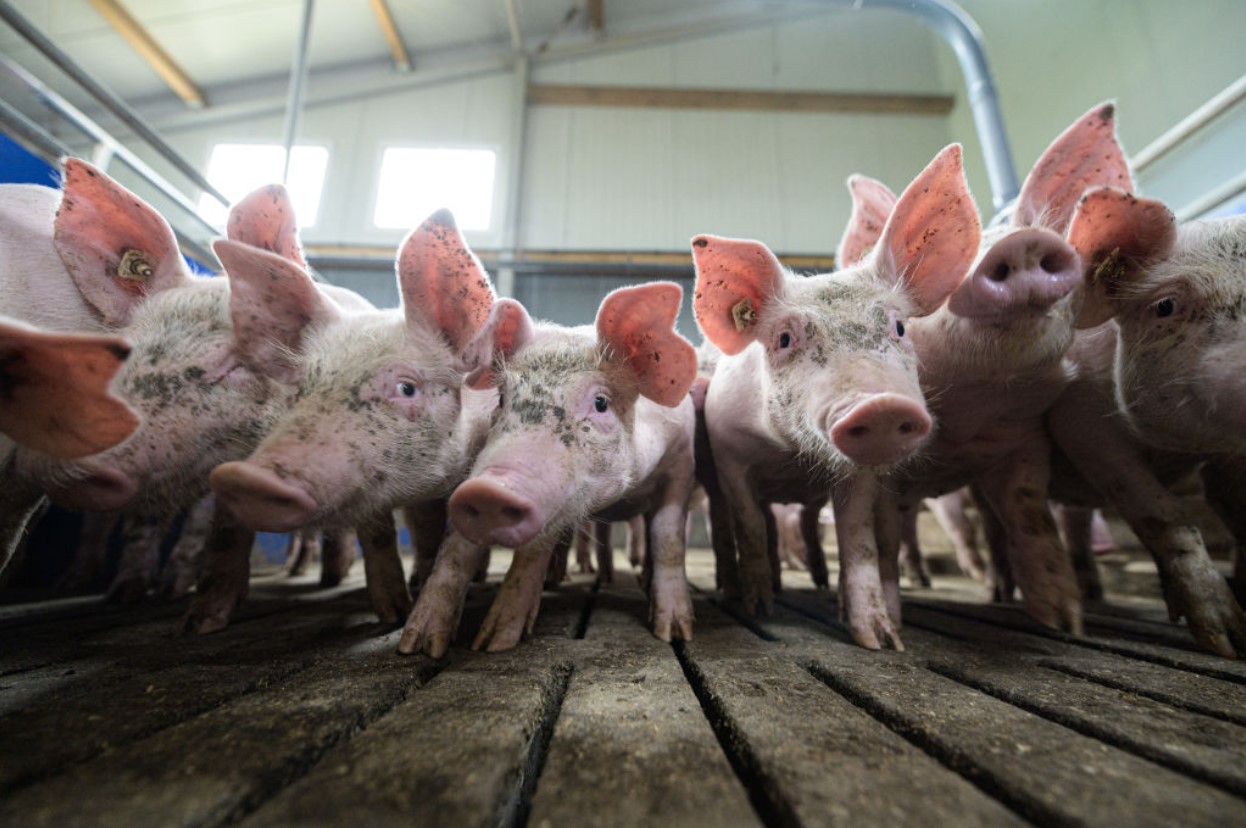
Surveys report that about 90% of vegans say at least part of why they’ve chosen to skip the meat and dairy products is for the animals themselves.
There have been countless documentaries exploring slaughterhouses and farms around the country and the world, and for many, how these animals are fed, injected, and treated simply means they cannot participate in the industry.
For Many, Climate Change Is a Driving Factor
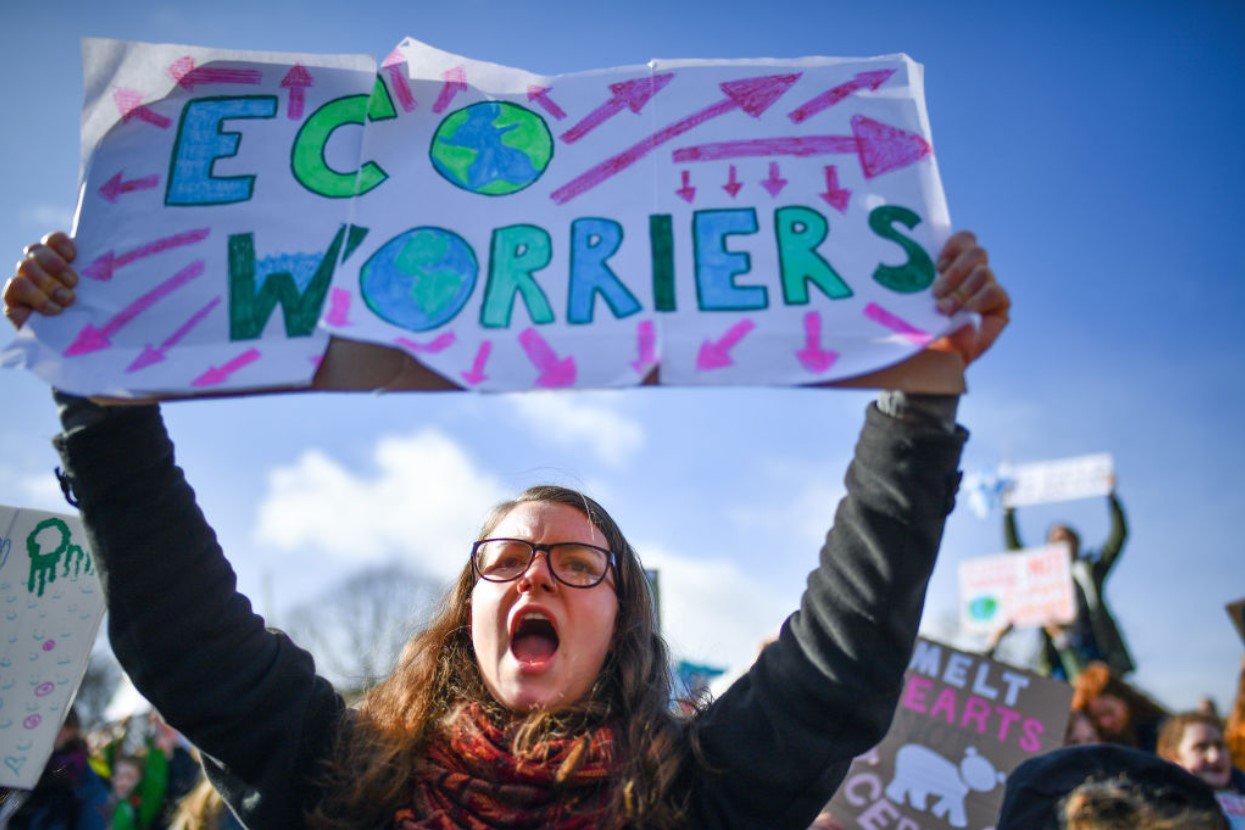
Label something with “sustainable,” and most of the population would buy it or eat it in a heartbeat. The world as a whole is looking to do its part to protect planet Earth and curb the damages from climate change in any way they can.
And for many people, that means going vegan. Studies noted that the vegan diet reduced greenhouse gas emissions by 70% as compared to a carnivorous diet, which is a number that simply cannot be ignored.
Medical Professionals Are Asking People to Forget About the Label and Go Vegan
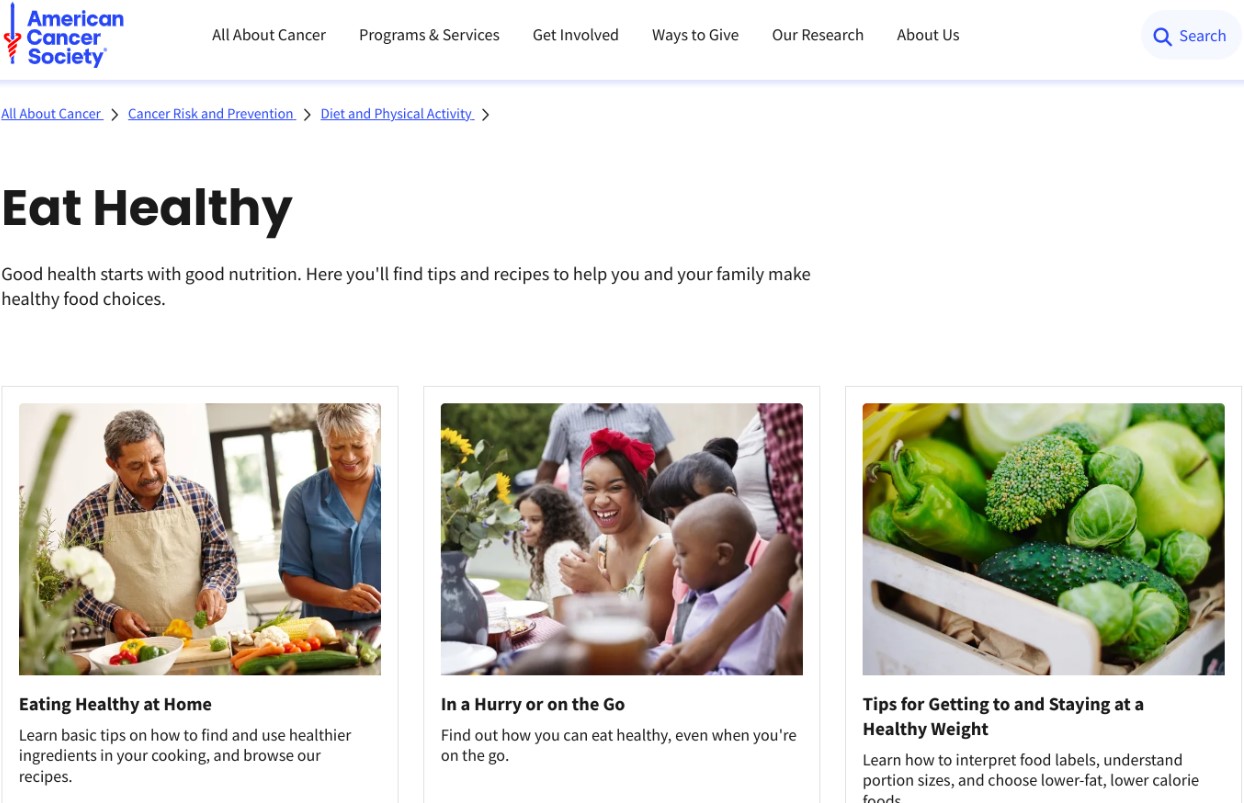
Because so many medical professionals understand the physical value of a vegan diet, they are employing people to forget about the label and just do what’s right for their bodies.
However, since consumers are usually slow to change, instead, the food industry has spent significant energy and time relabeling their vegan foods to disclude the word, and according to several companies, it’s already working.








































